When you think of Buddhist monasteries, images of monks in orange robes come to mind. Rarely do nuns or female practitioners enter that picture. This raises an important question: Is Buddhism truly supportive of women’s rights and equality?
Buddhist Nuns Do Exist
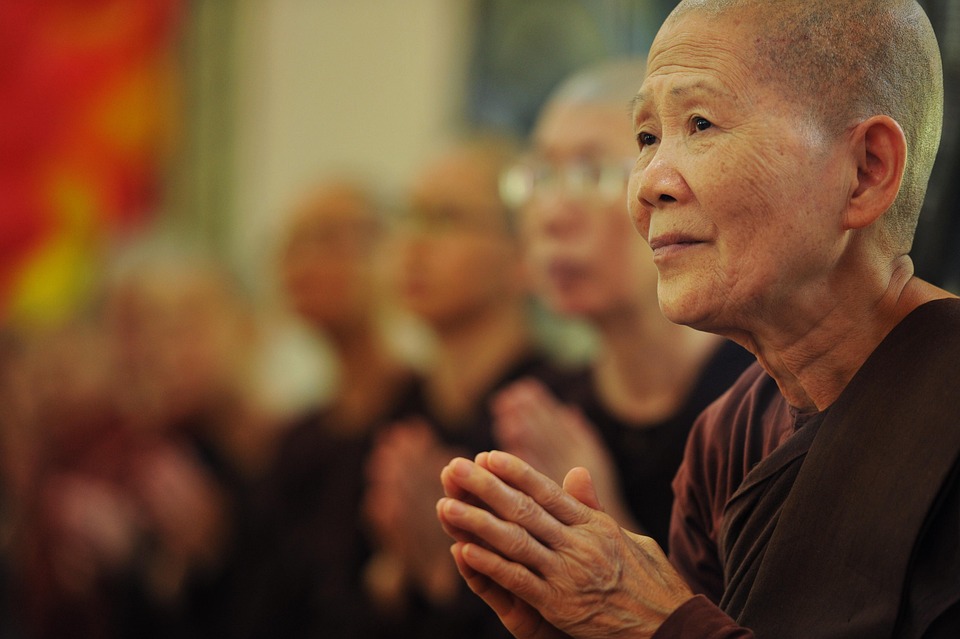
While Buddhist nuns have played important roles throughout history, cultural traditions often favor sending sons to monasteries over daughters. Families commonly view monastic life as a path better suited for boys. That brings fewer opportunities and fewer resources available for women pursuing the same spiritual journey.
However, Buddhism itself does not restrict women from becoming nuns. Female ordination is part of the tradition. It offers women a respected path toward spiritual growth, even if cultural practices don’t always reflect that equality.
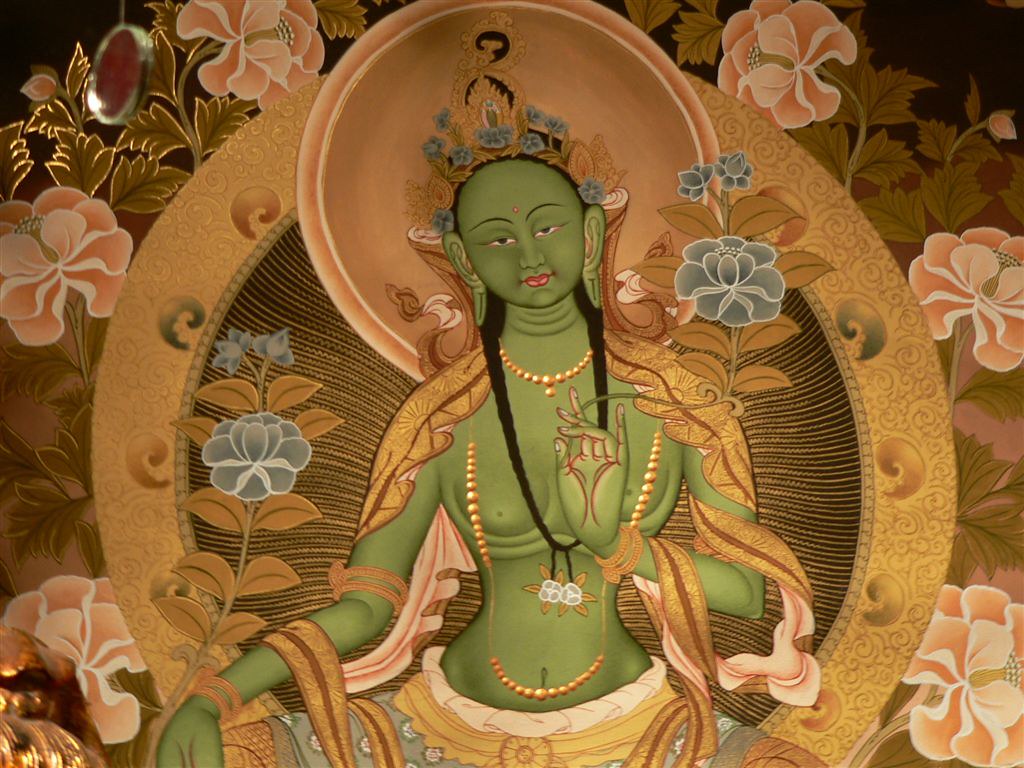
Restrictions for Women
Buddhism is unique in its openness when it comes to self-expression, including clothing and identity. Unlike many strict religious traditions, it doesn’t impose rigid dress codes or force conformity. Some Buddhist deities are even depicted without clothing on their upper bodies, symbolizing purity, freedom, and transcendence beyond physical constraints.
This openness reflects a deeper spiritual message—that true identity lies beyond external appearances. It encourages followers to embrace their authentic selves on the path to enlightenment.
The biggest example of that would be the Green Tara deity.
How Buddha Viewed Prostitutes
One of the most powerful examples of the Buddha’s compassion toward women comes from his teachings about prostitutes. He recognized the difficult and often harsh lives these women endured, understanding the social stigma and suffering they faced.
Rather than condemning them, the Buddha showed deep empathy. He taught that everyone, regardless of their past or social status, deserves kindness, respect, and the chance for spiritual growth. This compassionate view highlights Buddhism’s potential to support and uplift women, even those marginalized by society.
Buddhism and Women’s Mental Health
Buddhism offers powerful tools that support women’s mental health by promoting mindfulness, compassion, and inner peace. Its teachings encourage letting go of stress, negative thoughts, and self-judgment—common challenges many women face today.
Meditation and mindful living help calm the mind, reduce anxiety, and build emotional resilience. By fostering self-acceptance and kindness, Buddhism creates a nurturing space for women to heal, grow, and find balance in their mental and emotional well-being.
Start Simple
Here’s a simple 5-minute meditation to help calm your mind and boost mental clarity. 5 minutes a day can already make a big change.
Sit comfortably with your back straight and your teeth slightly apart. Close your eyes gently. Instead of trying hard to stop your thoughts, treat them like tea leaves swirling in a cup of water. Don’t stir the water—just let the leaves slowly settle at the bottom on their own. This gentle, relaxed approach helps your mind quiet naturally without pressure or frustration.
Helpful Sources
Here are some sources that will help you start a peaceful and mindful life.
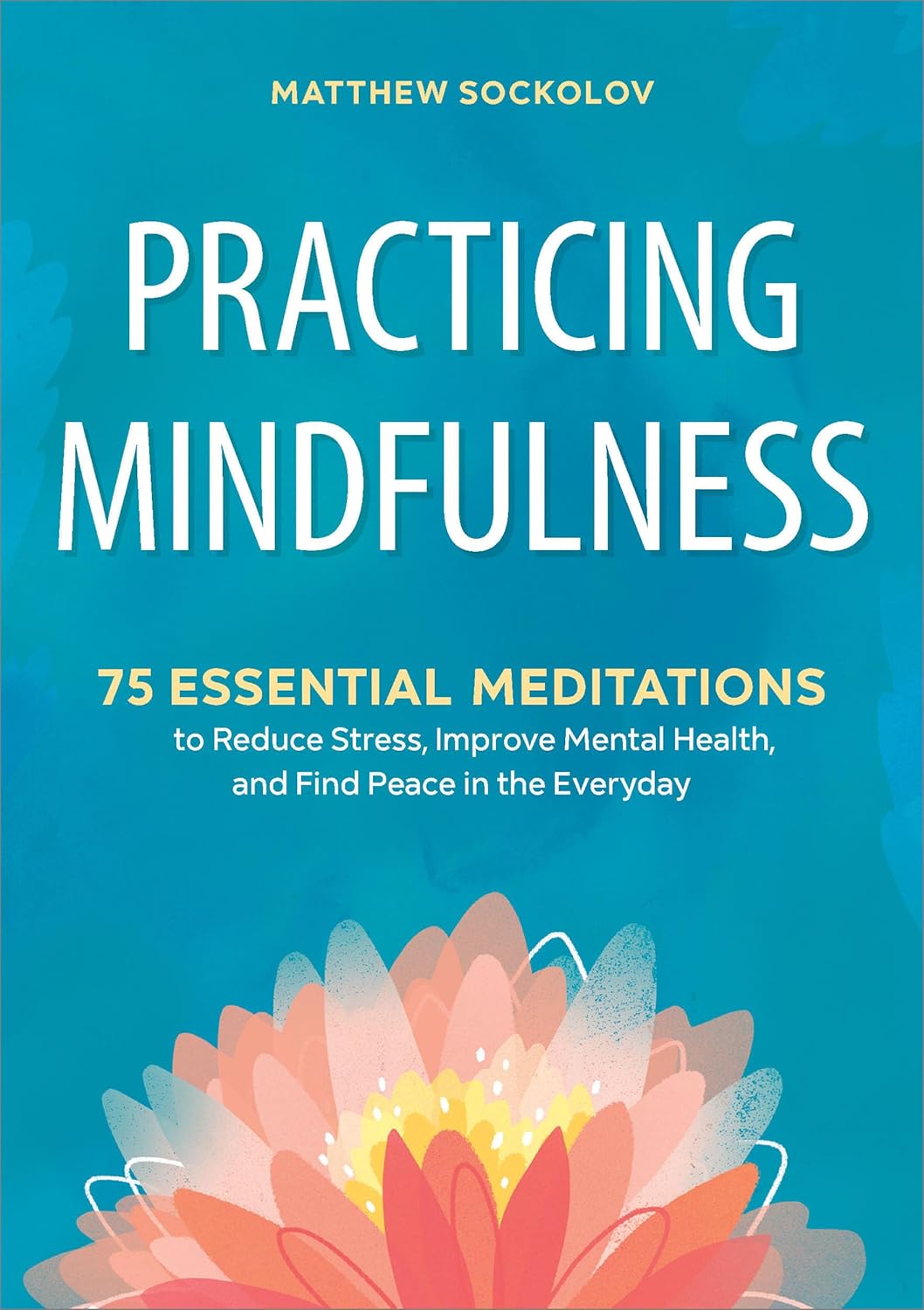
This book offers a practical and inviting approach to mindfulness. It is accessible for beginners while still valuable for experienced practitioners. Created by the founder of One Mind Dharma, it presents 75 thoughtfully designed meditations that gradually build your confidence and deepen your practice.
What stands out is the evidence-based guidance that helps readers manage wandering thoughts and mental blocks, making mindfulness feel achievable rather than intimidating. The short 5-minute exercises at the start are perfect for anyone new to meditation or with a busy schedule, while the more advanced meditations support continued growth.
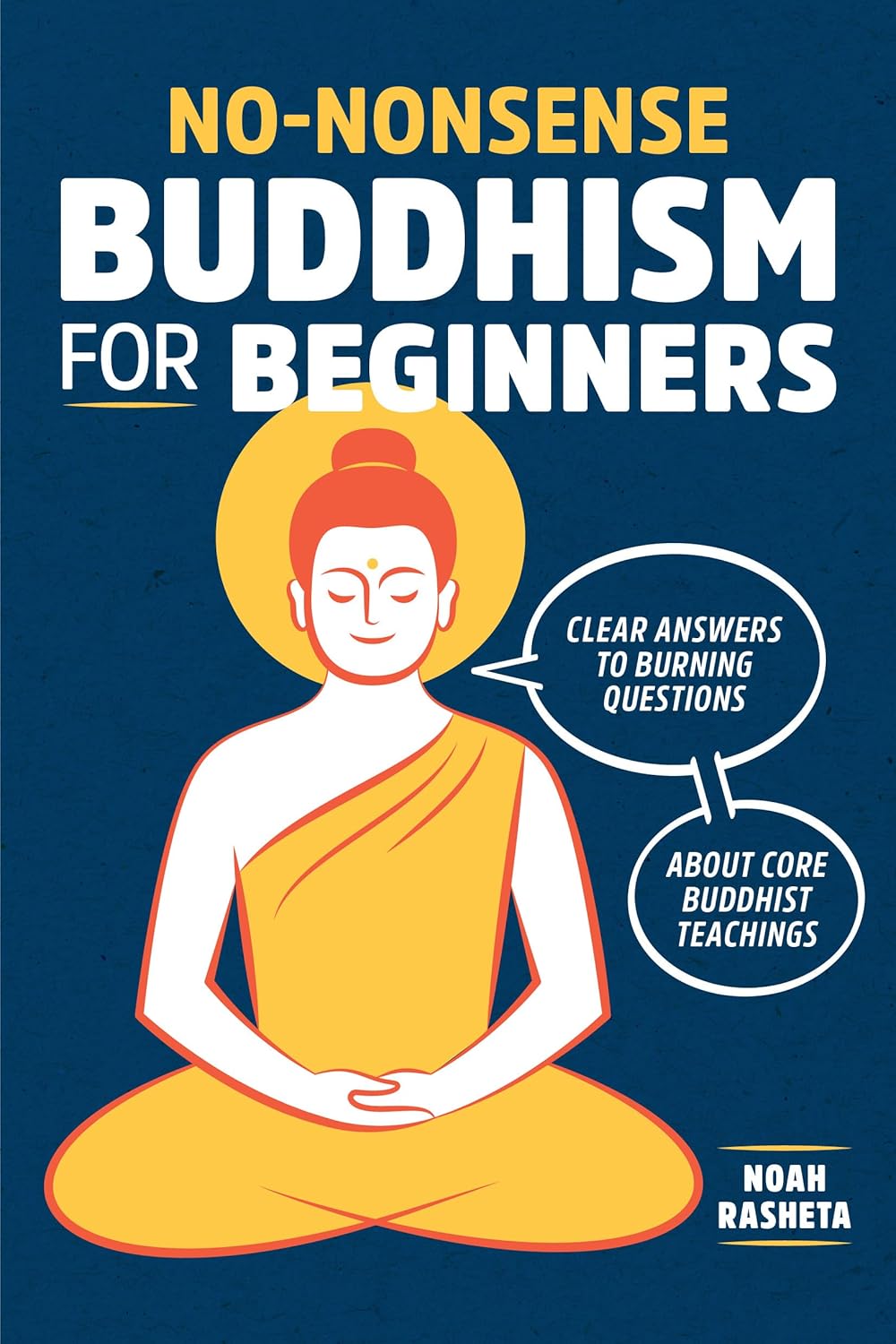
No-Nonsense Buddhism for Beginners
If you’ve ever been curious about Buddhism but felt overwhelmed by the depth of its teachings or unsure where to begin, this book is the perfect place to start. No-Nonsense Buddhism for Beginners by Noah Rasheta offers a refreshingly clear, practical, and down-to-earth introduction to Buddhist philosophy—without the jargon or mysticism that can sometimes cloud the basics.
Structured into four digestible sections, the book covers everything from who the Buddha was to key teachings like the Four Noble Truths, mindfulness, and the Eightfold Path. Rasheta’s Q&A format makes complex ideas feel approachable, and his casual tone invites curiosity rather than pressure to “get it right.” He also tackles common modern-day questions, like whether you can be an atheist and still practice Buddhism, or how to meditate when your mind won’t quiet down.
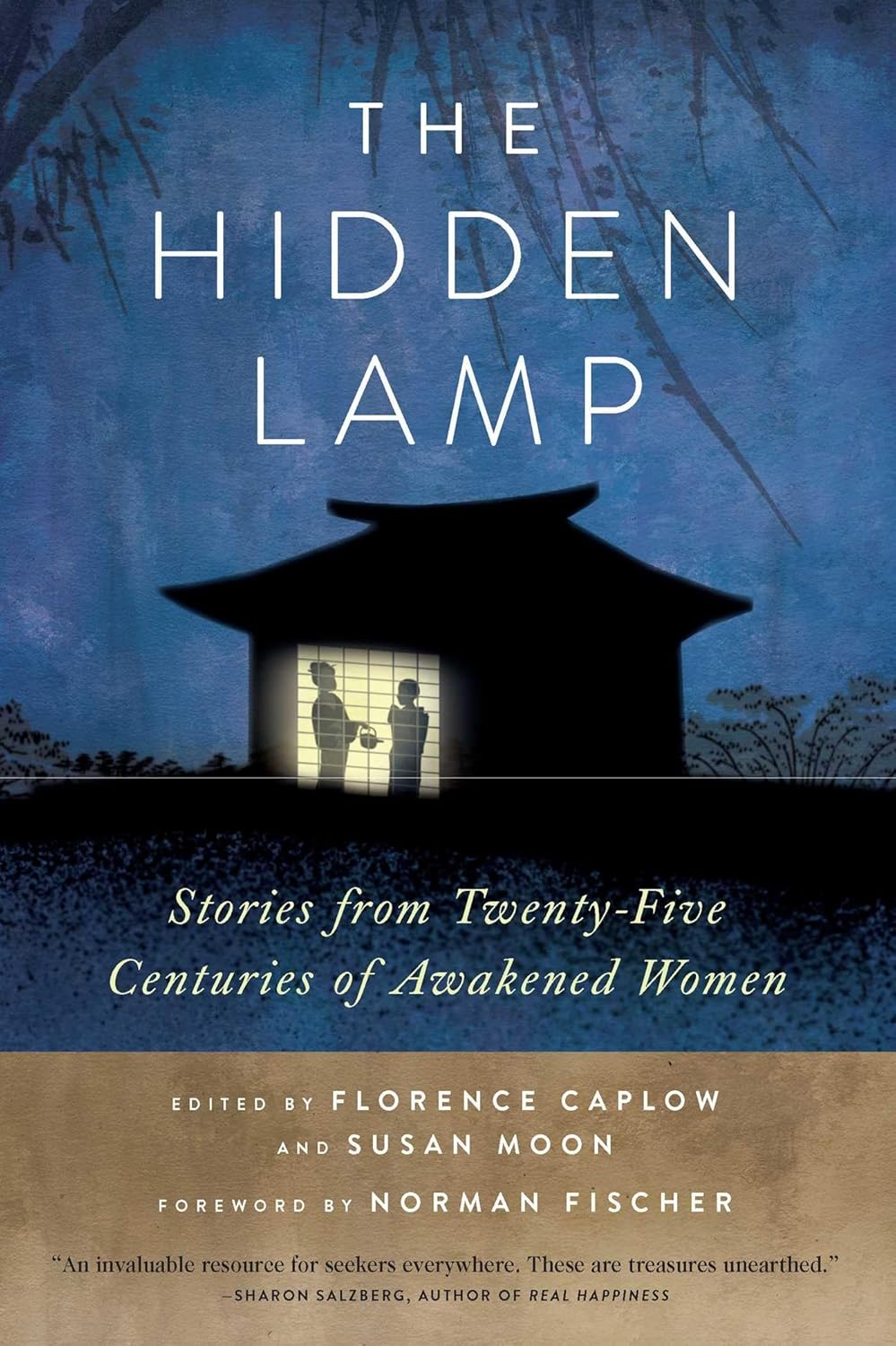
The Hidden Lamp is a powerful and inspiring collection of 100 stories and koans featuring Buddhist women from ancient times to today. These long-overlooked tales highlight the courage, wisdom, and freedom of nuns, laywomen, and teachers across centuries.
Each story includes a reflection by a modern woman teacher and a meditation prompt, making it both timeless and deeply personal. A moving tribute to the often-hidden female voices in Buddhism.
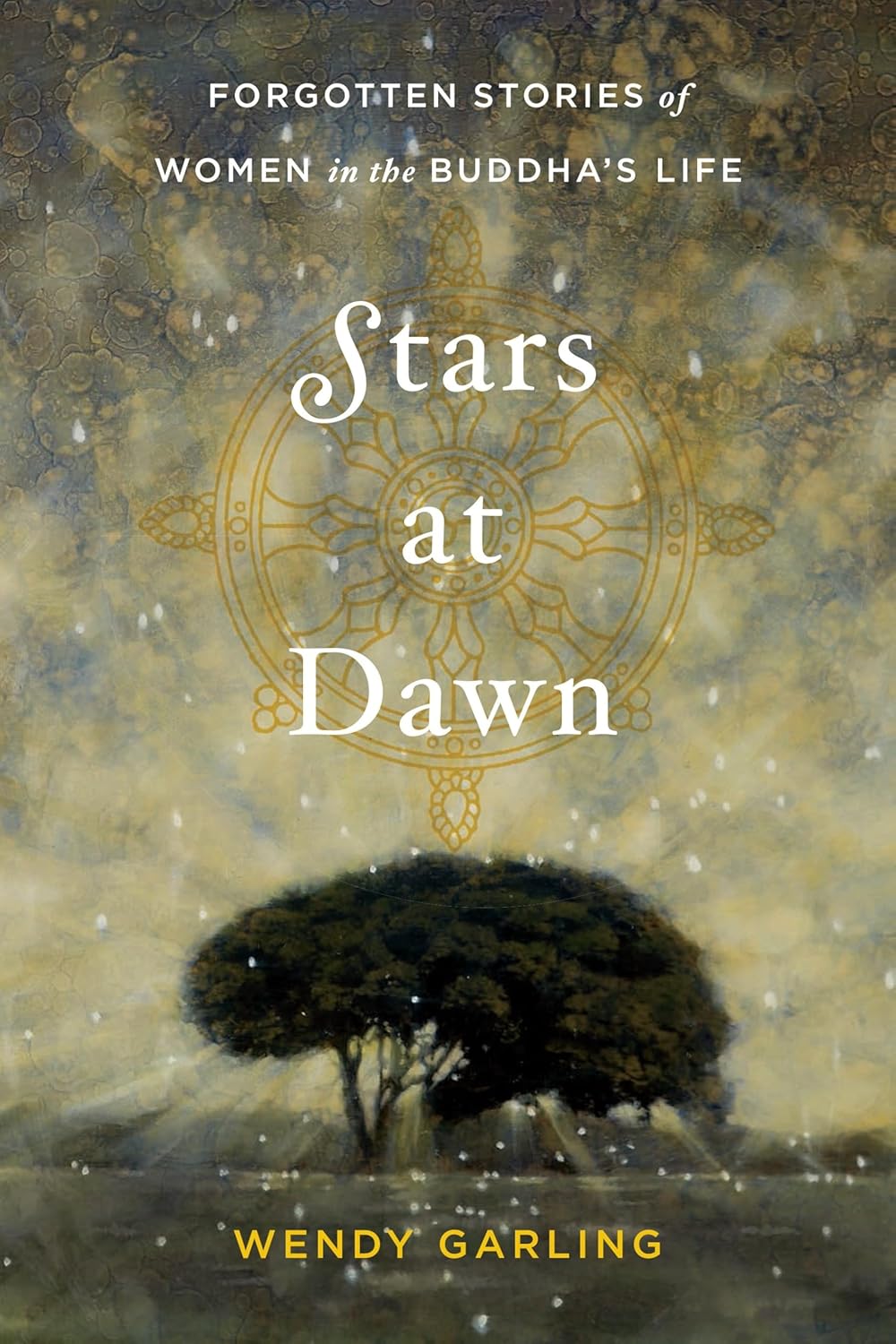
Wendy Garling’s The Woman Who Raised the Buddha offers a fresh, compelling take on the Buddha’s life—through the eyes of the women who shaped it. Drawing from overlooked Sanskrit and Pali texts, this book shines a light on mothers, wives, disciples, and patrons who played crucial roles on his path to enlightenment.
Thoughtful, provocative, and sometimes controversial, it challenges long-held narratives and invites a deeper appreciation of women’s place in Buddhist history.
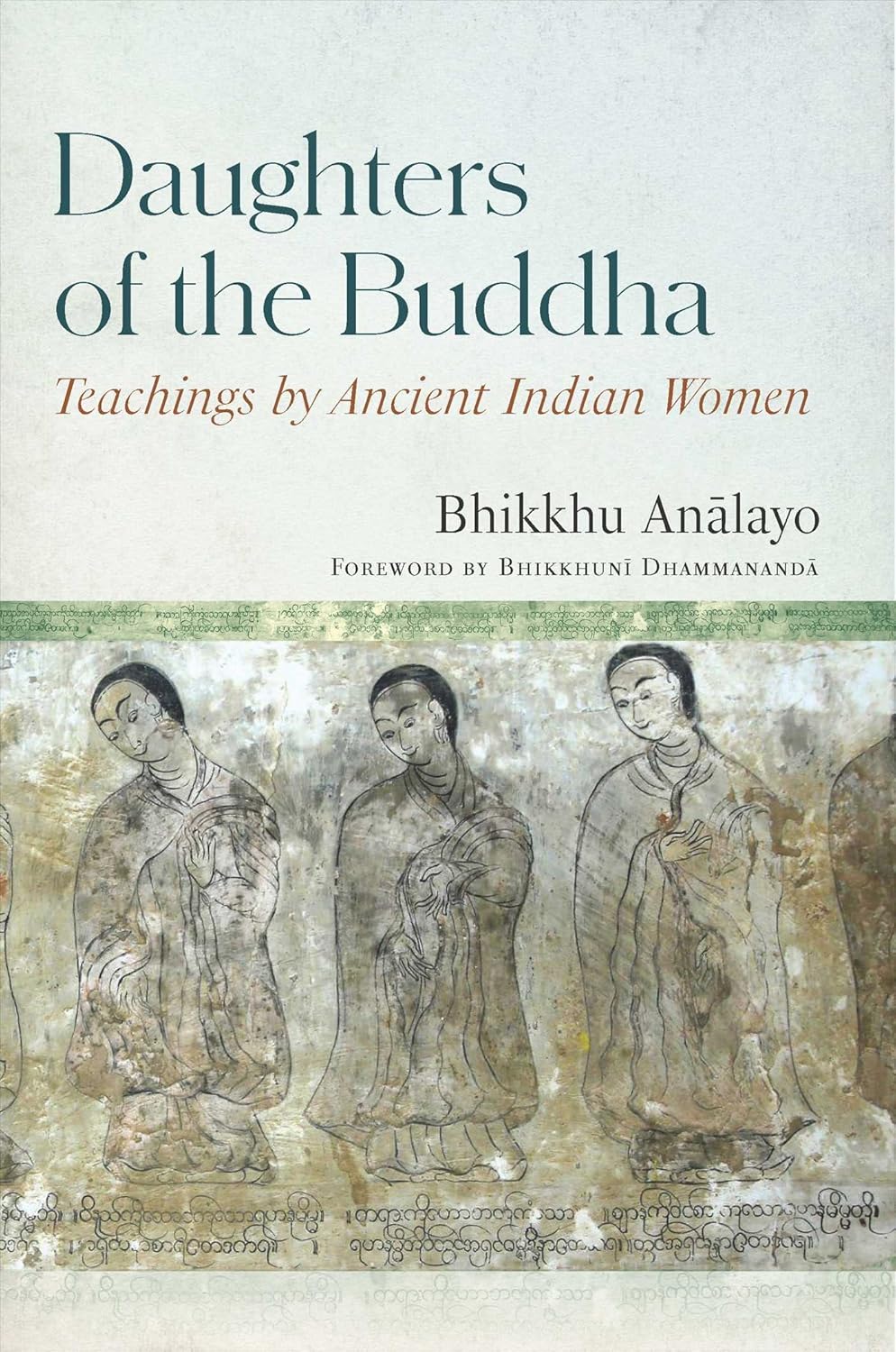
Bhikkhu Analayo’s Daughters of the Buddha restores long-overdue recognition to the earliest female disciples of the Buddha. Far from being silent, these women—both lay and monastic—left behind powerful teachings recorded in the earliest Buddhist texts.
With each chapter focused on one remarkable woman, this scholarly yet accessible work highlights the depth, wisdom, and spiritual insight that shaped early Buddhism. A must-read for anyone interested in the often-overlooked female lineage in Buddhist tradition.
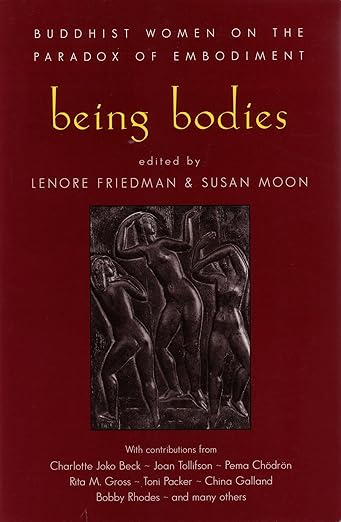
This thoughtful collection explores the deep and often complex connection between body and mind—through the lived experience of women practicing Buddhism. Each essay offers a personal and philosophical reflection, blending insight, vulnerability, and Buddhist teachings.
By weaving together diverse voices, the anthology opens a much-needed space where embodiment, gender, and spiritual practice meet. A powerful read for anyone curious about how Buddhism intersects with the female experience of the body.
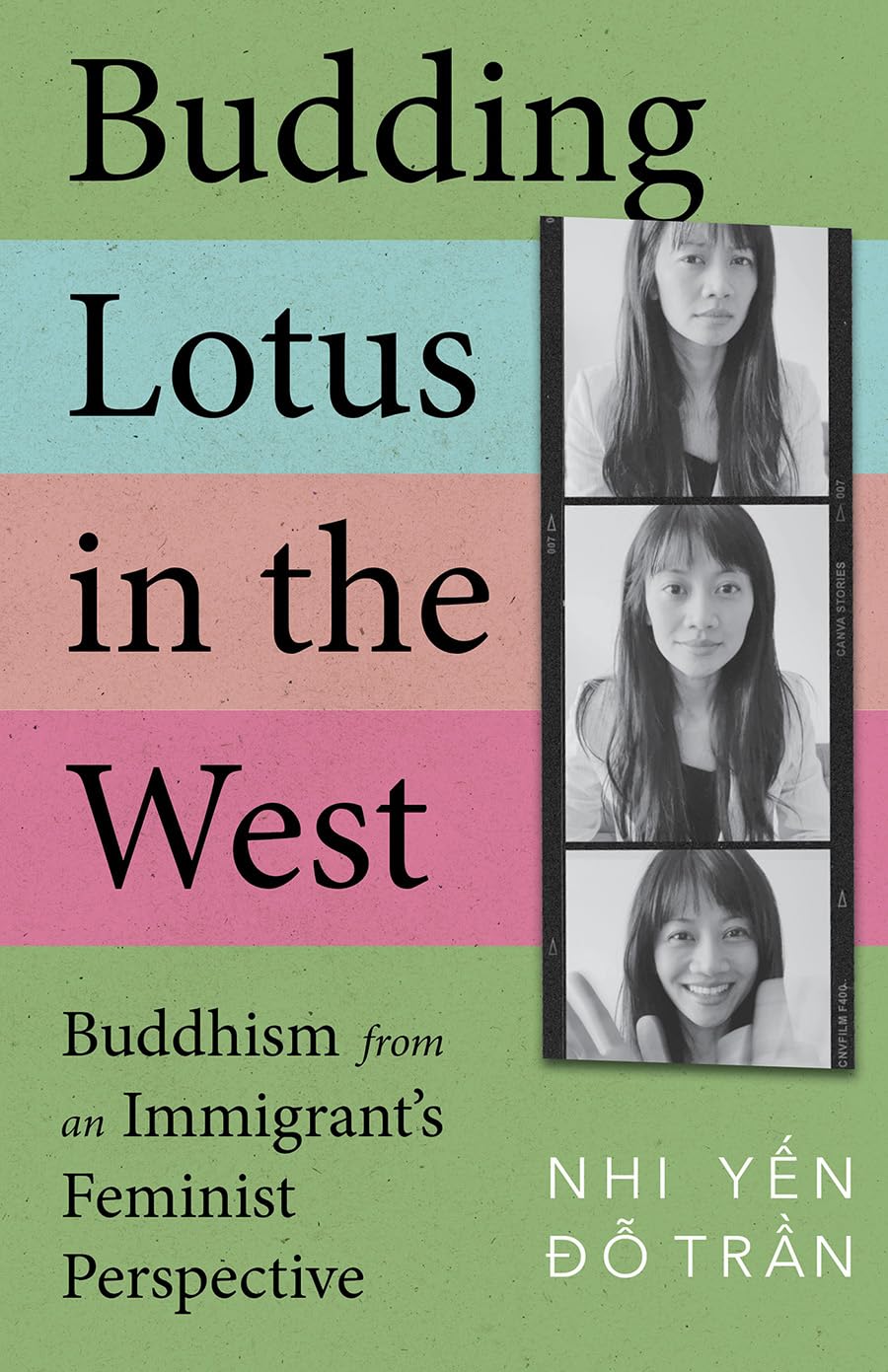
Budding Lotus in the West is a deeply personal and thought-provoking exploration of what it means to live a Buddhist life across cultures. Nhi Yến Đỗ Trần shares her unique journey from Vietnam to the U.S., blending personal stories with clear insights into Buddhist principles.
With honesty and clarity, she tackles modern questions—about gender, sexuality, social justice, and spiritual community—through a Buddhist lens. This book isn’t just a memoir or a guide; it’s a bridge between tradition and today’s world. Both grounding and inspiring, it’s a must-read for anyone seeking an inclusive, evolving path in Buddhism.
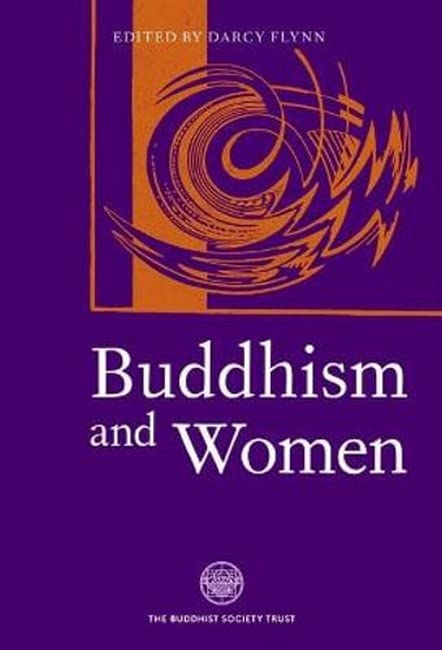
Gradual Disendarkment is a rich and reflective anthology that brings together voices of Buddhist women—thinkers, artists, therapists, and seekers—whose lives and insights illuminate the path of inner clarity. Collected from The Middle Way, the longstanding journal of The Buddhist Society, these writings explore Buddhism not from a pedestal of perfection, but from the lived experiences of gradual awakening.
With a tone that is both deeply personal and intellectually engaging, this collection invites readers to step into the nuanced realities of Buddhist women across generations. It’s a beautiful resource for anyone seeking a more human, relatable, and thoughtful take on spiritual practice.
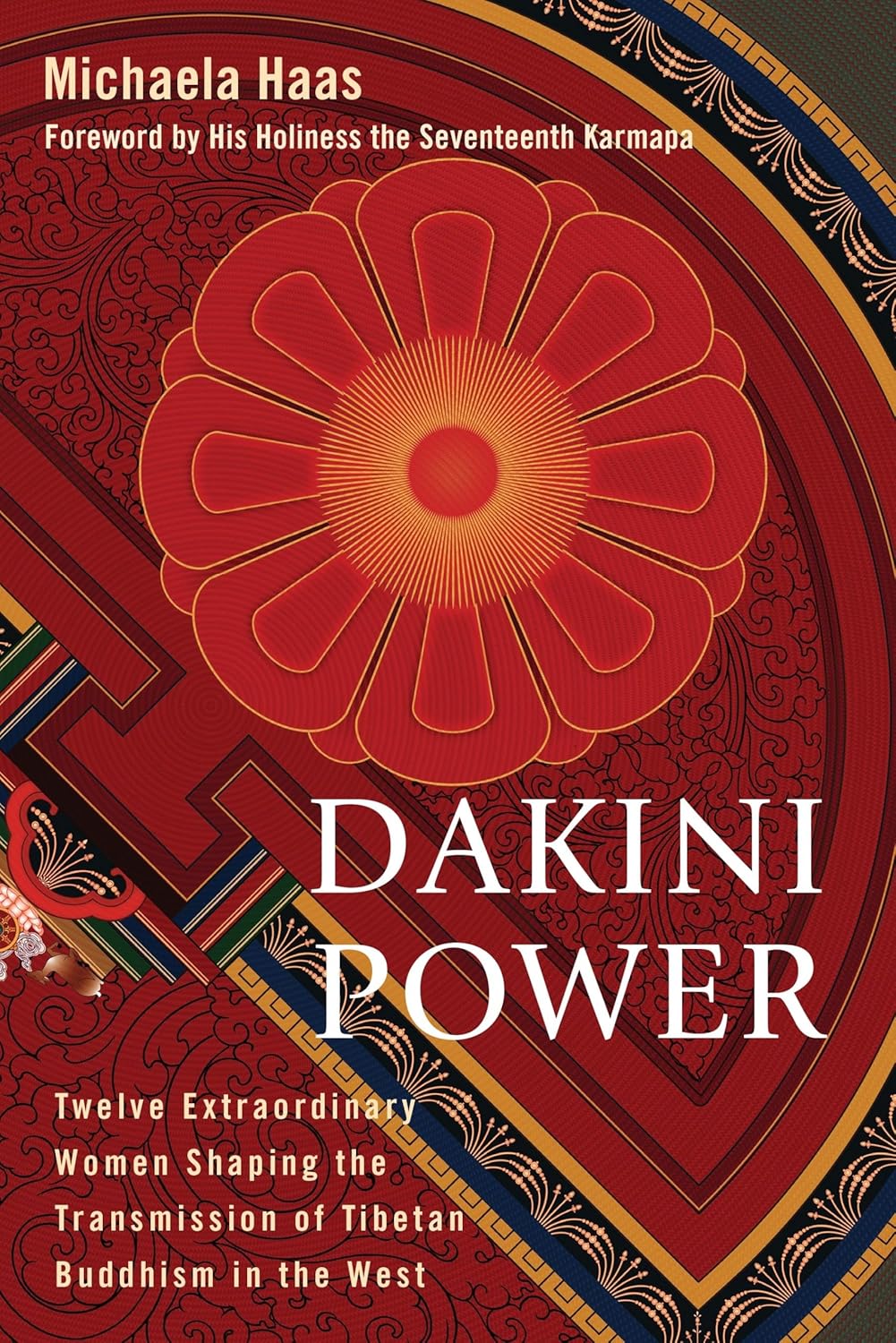
Dakini Power is an inspiring collection of real-life stories from twelve remarkable women who are transforming Tibetan Buddhism—and spiritual leadership—across the globe. From meditating in Himalayan caves to founding nunneries and international organizations, these women embody fierce dedication, inner strength, and fearless spiritual pursuit.
Author Michaela Haas beautifully captures their diverse journeys, showing how each woman challenges tradition while preserving the heart of the teachings. This book is both a celebration and a call to action—urging readers, especially women, to reclaim their spiritual voice and power. A must-read for anyone drawn to Buddhism, feminine leadership, or the untamed path of awakening.
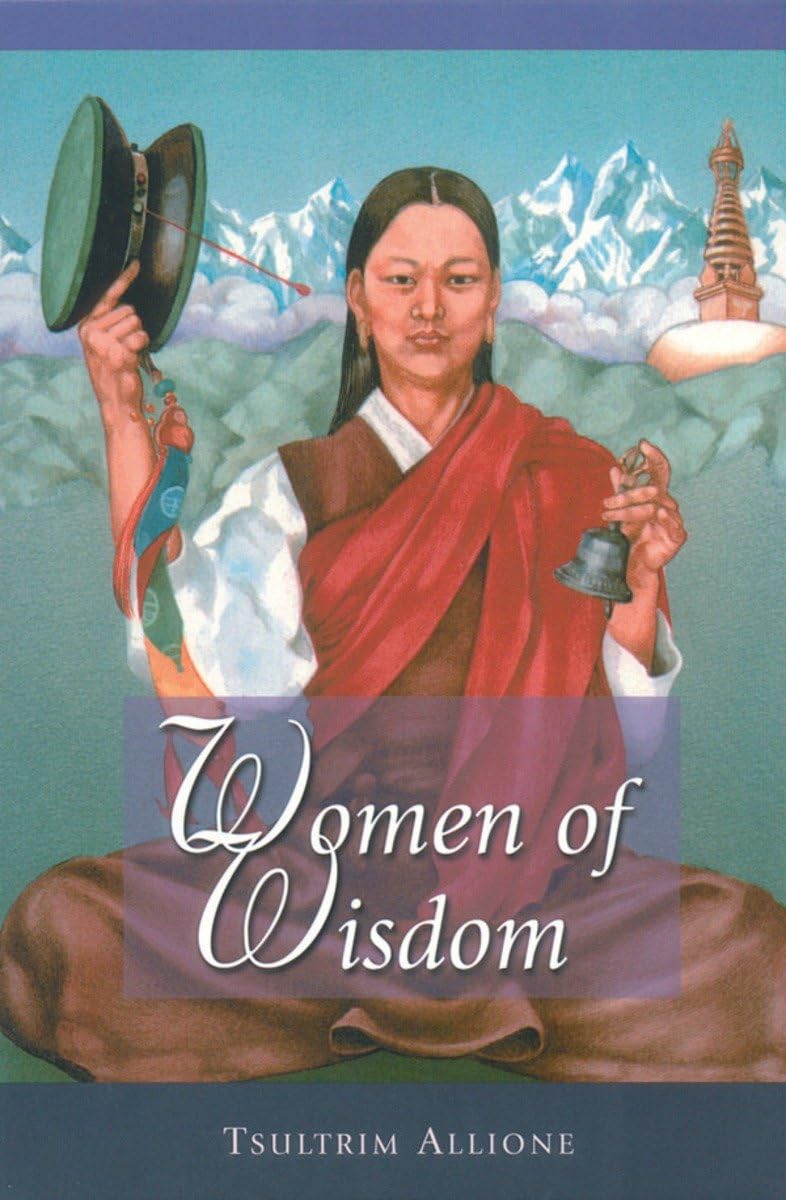
Women of Wisdom is a deeply inspiring tribute to six extraordinary Tibetan female mystics. They attained spiritual awakening against immense cultural and societal odds. Tsultrim Allione not only honors their stories but also weaves in her own powerful journey as a Western woman pursuing a spiritual path.
With grace and honesty, the book sheds light on the often-overlooked feminine dimension of Tibetan Buddhism. The expanded autobiographical sections make this edition even more intimate and relatable. It offers hope, strength, and insight to modern spiritual seekers—especially women navigating their own paths to awakening. A compelling and empowering read for anyone exploring the intersection of gender and spirituality.

